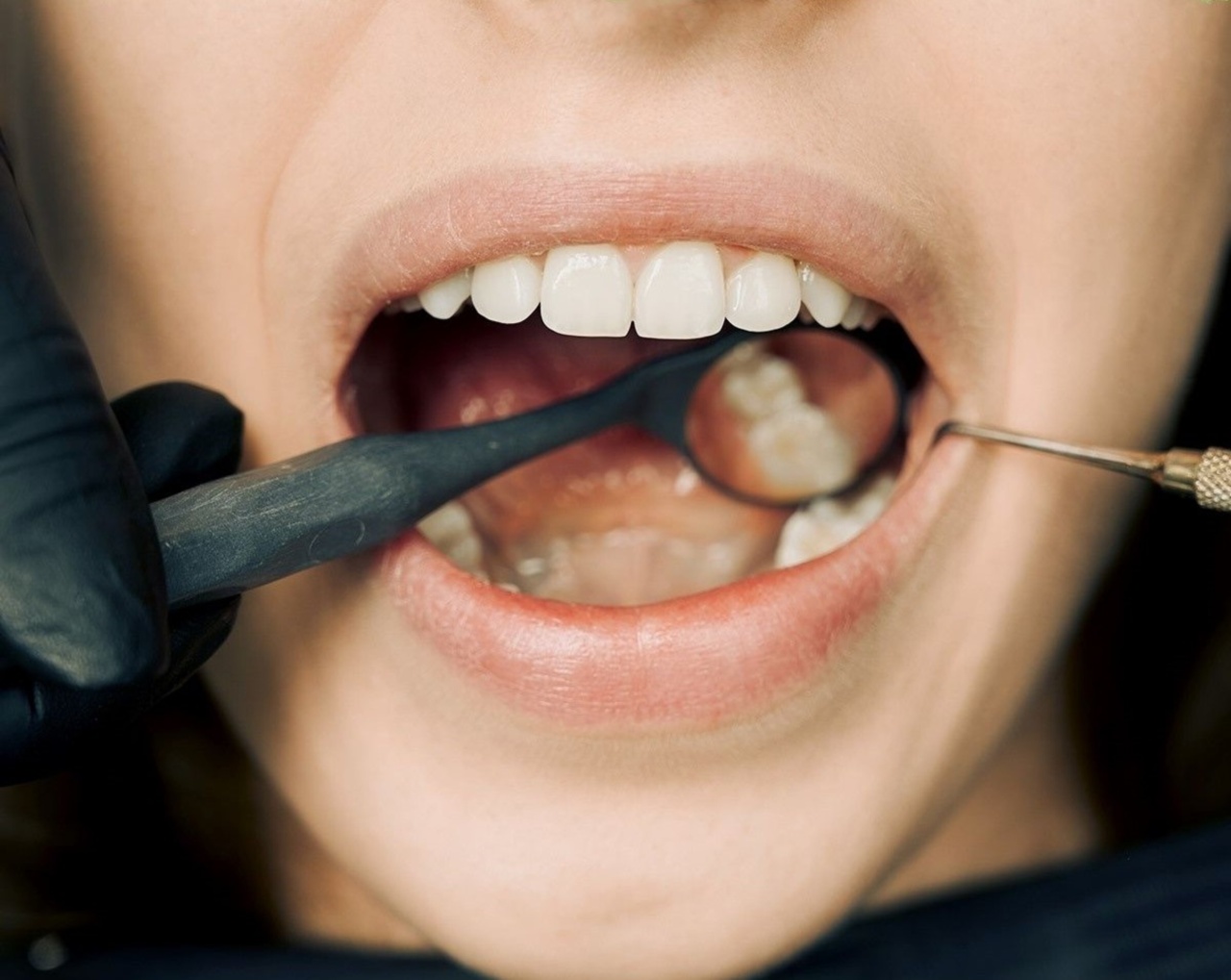Oral hygiene is often associated with tooth health and the prevention of gum diseases, but recent research suggests that it may also play a role in cognitive ability.
Cognitive ability refers to a person’s capacity to process information, understand concepts, and engage in critical thinking. This article explores the potential links between oral hygiene practices and cognitive ability, highlighting the importance of maintaining good oral health for overall cognitive well-being.
The Oral-Systemic Connection
Research has established a strong connection between oral health and overall systemic health. Poor oral hygiene can lead to various health conditions, including cardiovascular diseases, diabetes, and respiratory disorders.
The underlying mechanisms behind this connection involve the spread of bacteria and inflammation from the mouth to other parts of the body. These systemic health problems can have a direct impact on cognitive ability.
Periodontal Disease and Cognitive Decline
Periodontal disease, a severe form of gum disease, has been linked to an increased risk of cognitive decline and dementia. Inflammation caused by periodontal disease can have negative effects on the brain.
Additionally, the bacteria associated with gum disease can enter the bloodstream and cause systemic inflammation, which further contributes to cognitive impairment.
Inflammation and Brain Health
Inflammation is a key player in various neurological disorders, including Alzheimer’s disease and Parkinson’s disease. Poor oral hygiene and oral infections can contribute to chronic low-grade inflammation in the body, including the brain.
Studies have shown that higher levels of certain inflammatory markers in the body are associated with a decline in cognitive function.
Oral Microbiome and Cognitive Function
The oral cavity is home to a diverse ecosystem of bacteria, viruses, and fungi known as the oral microbiome. Recent research has highlighted the potential role of the oral microbiome in influencing brain health and cognitive function.
Certain strains of bacteria in the oral microbiome produce byproducts that can enter the bloodstream and affect the brain. Imbalances in the oral microbiome, often caused by poor oral hygiene, may contribute to cognitive impairment.
Oral Hygiene Practices and Brain Health
Maintaining good oral hygiene practices, such as regular brushing, flossing, and dental check-ups, is essential not only for tooth and gum health but also for overall brain health.
By reducing the presence of harmful bacteria in the mouth, oral hygiene practices can help prevent systemic inflammation and reduce the risk of cognitive decline.
Preventive Strategies
In addition to regular oral hygiene practices, there are several preventive strategies that can support cognitive health:.
- Healthy diet: Consuming a diet rich in nutrients and antioxidants can promote brain health and reduce the risk of cognitive decline.
- Stress management: Chronic stress can negatively impact brain function. Implementing stress management techniques, such as meditation or exercise, can help support cognitive well-being.
- Sleep quality: Prioritizing adequate sleep is crucial for cognitive function. Poor sleep can impair memory, attention, and overall cognitive performance.
- Smoking cessation: Smoking has detrimental effects on oral and overall health. Quitting smoking can improve both oral hygiene and cognitive ability.
- Regular exercise: Engaging in physical exercise promotes blood flow to the brain, leading to improved cognitive function and overall well-being.
The Role of Dental Professionals
Dental professionals play a vital role in promoting oral hygiene and overall health. Regular dental check-ups allow for early detection and treatment of oral health issues, reducing the risk of systemic inflammation and cognitive decline.
Dental professionals can also provide guidance on proper oral hygiene techniques and recommend specific products tailored to individual needs.
Conclusion
The link between oral hygiene and cognitive ability is an emerging area of research.
While more studies are needed to establish a definitive connection, the existing evidence suggests that poor oral hygiene and periodontal disease may contribute to cognitive decline. By prioritizing oral hygiene practices and seeking regular dental care, individuals can potentially reduce the risk of cognitive impairment and support overall brain health.





























